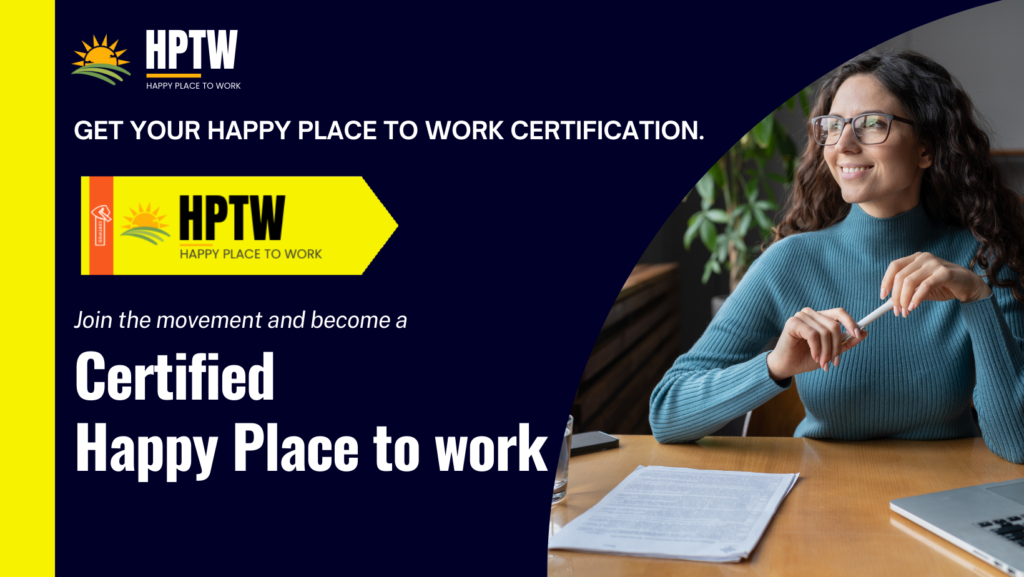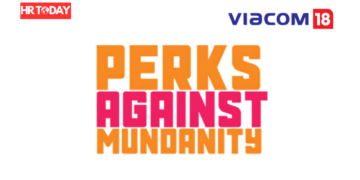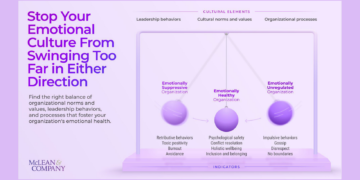As we observe World Health Day on April 7th, the importance of employee health and well-being comes sharply into focus. Modern workplaces, with their varying environments and demands, present numerous challenges that can significantly affect an employee’s physical, mental, and social well-being. Recognizing and addressing these challenges is crucial for fostering healthier workplaces and improving overall employee well-being. The global response to these challenges involves a complex interplay of strategies by organizations, governments, and employees themselves.
Health Challenges in Workplaces
Employees today face a spectrum of health-related challenges that can impact their physical, mental, and social well-being. Among the most pressing issues are mental health concerns, such as stress and burnout, which the demands of contemporary work life have exacerbated. The McKinsey Global Institute highlights that 22% of employees across 30 countries report experiencing significant burnout symptoms, with the highest rates observed in India (59%). Similarly, the Chartered Institute of Personnel and Development (CIPD) points out that mental ill health and stress are leading causes of both short-term and long-term absence in workplaces, indicating a critical area of focus for wellbeing initiatives.
Physical health challenges, including musculoskeletal injuries and the effects of long-term COVID-19, continue to affect a significant number of employees, with COVID-19 still a major cause of short-term absence. These health issues are compounded by workplace cultures that often promote presenteeism and leaveism, where employees attend work when unwell or use holiday time to work, further endangering their health.
Global Insights and Data
Flexible Work Arrangements: A report by the International Labour Organization (ILO) underscores the importance of flexible work arrangements, which have been shown to improve work-life balance and enhance productivity. This approach has been particularly effective in mitigating the workplace disruptions caused by the COVID-19 pandemic, suggesting a long-term benefit in maintaining such flexibility.
Mental Health: The World Health Organization (WHO) reports a significant burden of mental health conditions globally, with 970 million people living with a mental disorder as of 2019. The economic impact of these conditions, including productivity losses, greatly exceeds the direct costs of healthcare. In response, the WHO has launched several initiatives aimed at improving the accessibility and quality of mental health care worldwide.
Regional Health Challenges and Responses: The Kenya Demographic and Health Survey provides detailed insights into health and gender-related challenges, including the prevalence of gender-based violence and the impact of social determinants like housing and land ownership on health.
Employee Health Demands responses from the following stakeholders:
- Organization
- Society
- Government
- Employees
Organizational Responses to Health Challenges
In response to these challenges, many organizations have started implementing comprehensive well-being programs. Deloitte’s research indicates that leading companies are recognizing the need to address employee well-being holistically, encompassing physical, mental, social, and financial aspects. Programs often include initiatives such as mental health first aid, well-being champions, and access to counselling services.
Furthermore, organizations are increasingly aware of the need to tailor their health and well-being strategies to the specific needs of their workforce. This includes providing support for diverse employee groups who may experience different levels of stress and mental health challenges due to varying work conditions and life circumstances.
Societal, Governmental, and Employee Roles in Health Improvement
Societal Impact: Society plays a crucial role in shaping health outcomes through cultural norms and social support systems. Public awareness campaigns and community programs can significantly influence health behaviours and attitudes, thereby supporting workplace health initiatives.
Governmental Responsibility: Governments can facilitate better health outcomes by enforcing regulations that ensure safe working conditions, reasonable work hours, and mandatory health benefits. Additionally, public health campaigns and funding for mental health services are vital in supporting both the individual and collective health needs of the workforce.
Employee Advocacy: Employees themselves are central to advocating for better health conditions. By forming unions or employee associations, workers can collectively bargain for better health benefits, flexible working conditions, and supportive workplace environments.
Path Forward
World Health Day serves as a powerful reminder of the importance of employee health and well-being. Moving forward, the lessons learned from recent global challenges must inform more resilient and supportive health strategies across all levels of employment. This comprehensive approach will not only foster healthier workplaces but will also contribute to broader societal and economic stability.
Despite these efforts, much remains to be done to ensure that all employees can benefit from healthy work environments. A major gap remains in the systematic tracking of employee health and well-being, which is essential for assessing the effectiveness of implemented programs and identifying areas for improvement.
Organizations need to shift from legacy mindsets and build accountability for change beyond the human resources department. This includes fostering an organizational culture that actively discourages unhealthy work practices such as presenteeism and encourages a supportive environment where employees can thrive without compromising their health .
Moreover, as the demographic composition of the workforce changes, employers must also consider the long-term health implications of their policies and practices, particularly in terms of supporting an ageing workforce.
With concerted efforts worldwide, we can create work environments that promote productivity and the holistic well-being of every employee. The ongoing commitment of all stakeholders to this cause will pave the way for a healthier future in the ever-evolving landscape of work.
You may also like to Read : Ulric Neisser’s Legacy: Shaping Cognitive Psychology and Transforming HR Practices
















